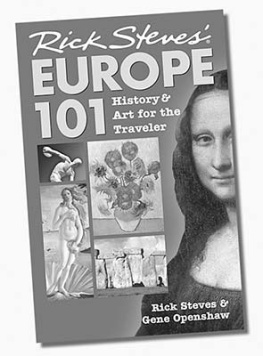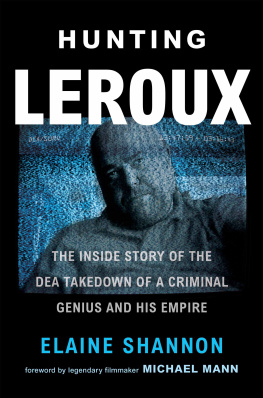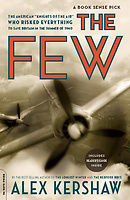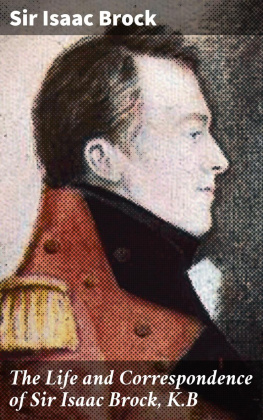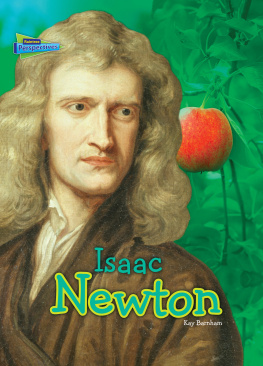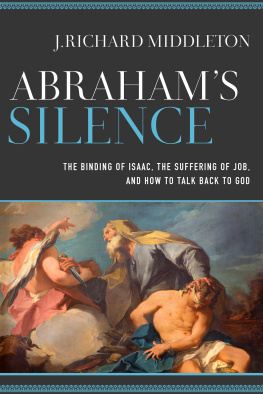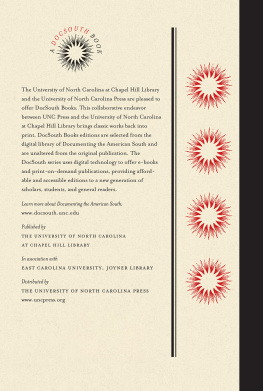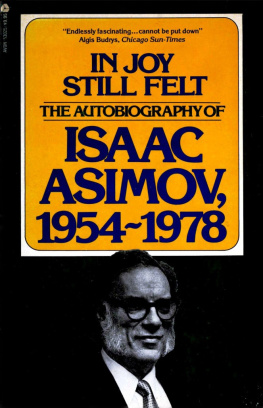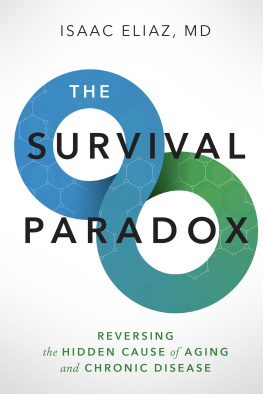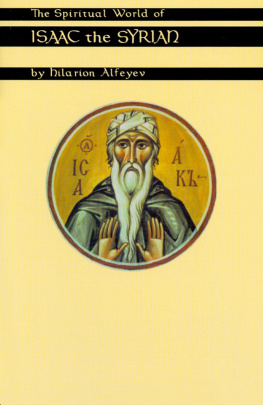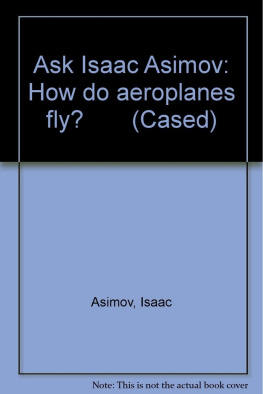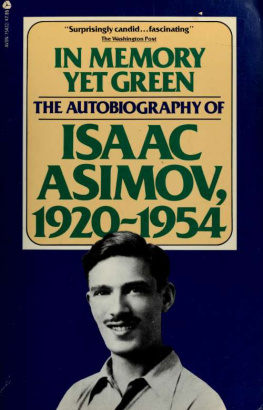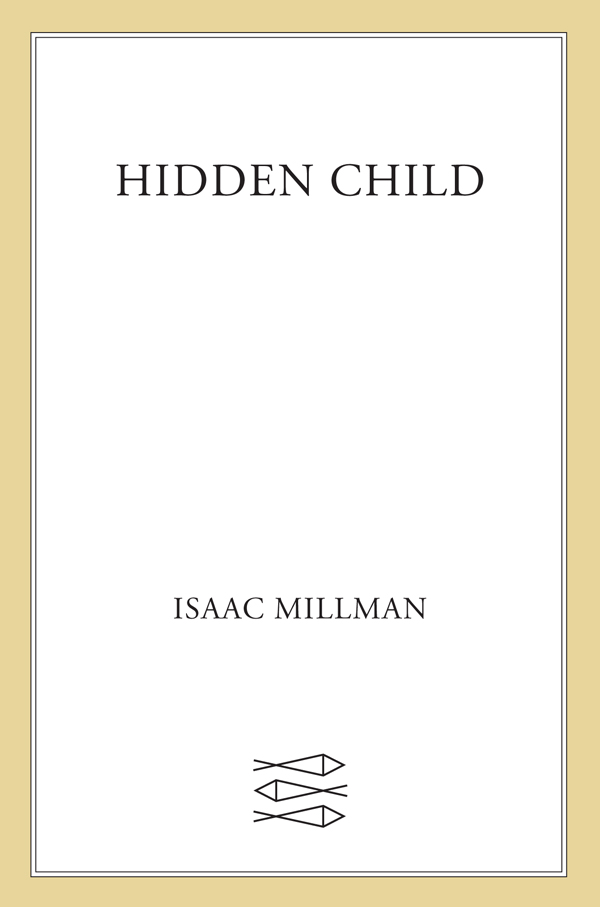Contents
Guide
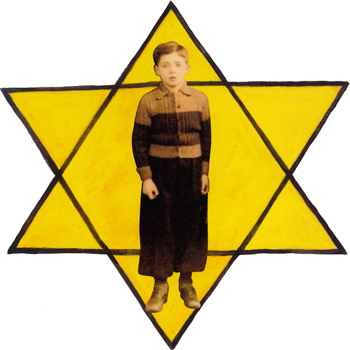

The author and publisher have provided this e-book to you for your personal use only. You may not make this e-book publicly available in any way. Copyright infringement is against the law. If you believe the copy of this e-book you are reading infringes on the authors copyright, please notify the publisher at: us.macmillanusa.com/piracy.
In memory of
Hna Sztulman,
my mother and father, Mosh and Rivel Sztrymfman,
Lon and lise Sztulman,
my paternal grandparents, Feiwel and Rachel Sztrymfman,
Uncle Hershel and Aunt Feige, and their sister whose name is
lost to memory,
my maternal grandparents, Yosef and Bina Fuchtel,
Uncles Abbe, Yakov, and Izak,
and my cousin Yvette Nisenman.
Hidden Child is also dedicated to my cousin
Joseph Nisenman
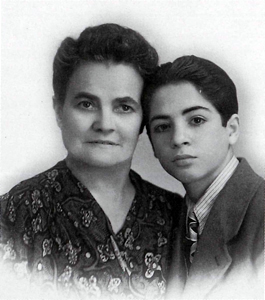
Hna and me, 1948
Approximately 1,200,000 Jewish children were deported and murdered by the Nazis and their collaborators in the Holocaust of World War II. Most of those who survived did so by being sent into hiding. Some were hidden with other Jews. Some went to convents and monasteries; others were hidden on farms or taken in by non-Jewish families and individuals. My name is Isaac Sztrymfman, and I was a hidden child.

Me, winter of 1936
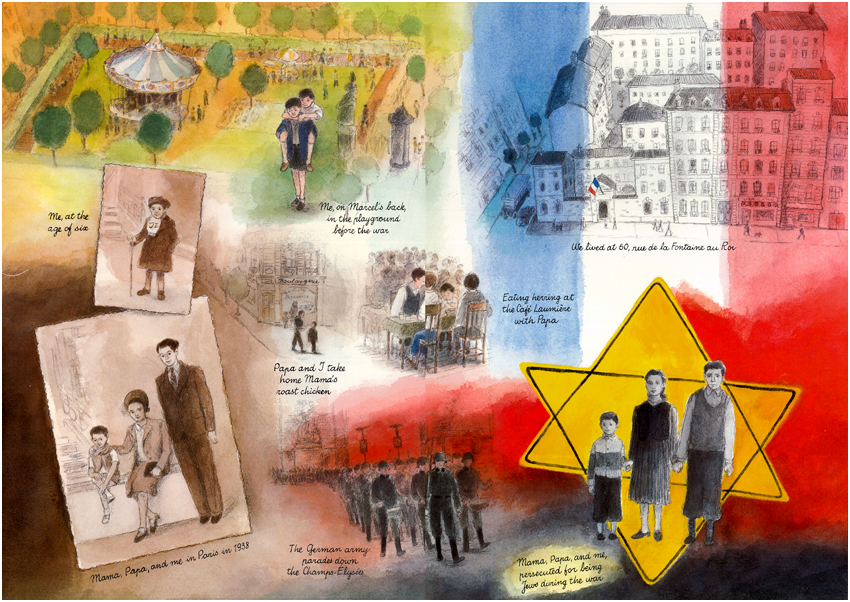

Me in the country, summer of 1939
I crawled into Mama and Papas bed and snuggled between them. Good morning, Isaac, Mama whispered. Dont wake up Papa. Its Sunday. That meant my father, who was a tailor, wouldnt be going to his shop that day. Ill be very quiet, I whispered back. Mama kissed me and got up. I lay very still, not moving a muscle, until Papa opened his eyes. Then we stayed in bed a little longer, listening to Mama in the kitchen.
Mama had prepared breakfast and was now busy with the chicken shed bought the day before. It was in an earthenware baking dish, and she was rubbing oil and garlic over its pinkish skin. She peeled small potatoes and placed them around the plucked chicken, then draped a linen towel over the dish.
Im taking Isaac with me! Papa announced after breakfast as he took the chicken from Mama. Well, dont be late, said Mama. We wont, he answered. Mama laughed because she knew we would be.
Every Sunday, Papa and I followed the same routine. First we left the chicken to be roasted at the corner bakery because we didnt have an oven at home, just a gas range. Then we walked to the Caf Laumire, where Papas friends gathered. The caf was crowded with customers speaking Yiddish, the language Mama and Papa spoke at home. Papa and his friends liked to talk, mostly about politics, and the discussions often got heated and loud. Papa would forget about the time, and then wed have to leave in a big hurry to pick up the chicken before the baker closed for lunch. In the afternoon, we would get dressed in our Sunday clothes and go visiting.
Mama and Papa and many of their friends had emigrated from Poland to France. Life was hard in Poland, especially for Jews. Papa, like many political idealists at that time, was a Communist and had spent a year in a Polish jail. In France, he didnt have to hide his Jewishness or his political convictions. I loved going to political rallies with him at La Place de la Rpublique on weekends. My friends were there, too. We raced in and out of the crowd on our roller skates while our dads listened to the long, boring speeches.
Our family was happy in Paris. We lived on the second floor of a six-story apartment building at 60, rue de la Fontaine au Roi, near La Place de la Rpublique. It was a neighborhood filled with Jewish immigrants. Many, like Papa, worked in the garment trade.
My friend Marcel Rosenbloom lived on the fifth floor of our apartment house. When Papa and Mama went out for the evening, Id go up to the Rosenblooms to play with Marcel. The green pillows from their living-room sofa became our battleships. Wed slide on the shiny parquet floor astride our pillows and attack each other. My sub got yours! I sank your destroyer! That was as close as war came to us then. It was a game.
In 1940, the German army invaded France, and life under German occupation began. I was seven years old. Papa had to go to the police station and register us as Jews. Soon the government began imposing restrictions on Jews. When Papa came home one afternoon in 1941, he looked worried. He said that some of his Jewish friends had been arrested.
I began having nightmares. One night I dreamed that the police broke down our front door and dragged Mama and Papa away, leaving me behind. I told Mama about the nightmare. Isaac, she said, trying to comfort me, its just a bad dream.
Not long after, Papa was ordered to report to the police station. That night, he took his green corduroy golf trousers and laid them out neatly with his gray striped jacket, brown cap, and Sunday shoes, as if he was getting ready for an important meeting. He tucked me in bed and kissed me tenderly. Isaac, be a good boy, and help your mama! In the morning, he was gone.
Soon, we received a letter from Papa. He was in an internment camp in a place called Pithiviers. A photograph accompanied the letter. Mama, heres Papa! I exclaimed, pointing him out. And Cousin Joseph! Mama added. Papa wrote that Joseph and several friends from Poland were there with him. The commander of the camp had given special permission for relatives to visit the following Sunday.
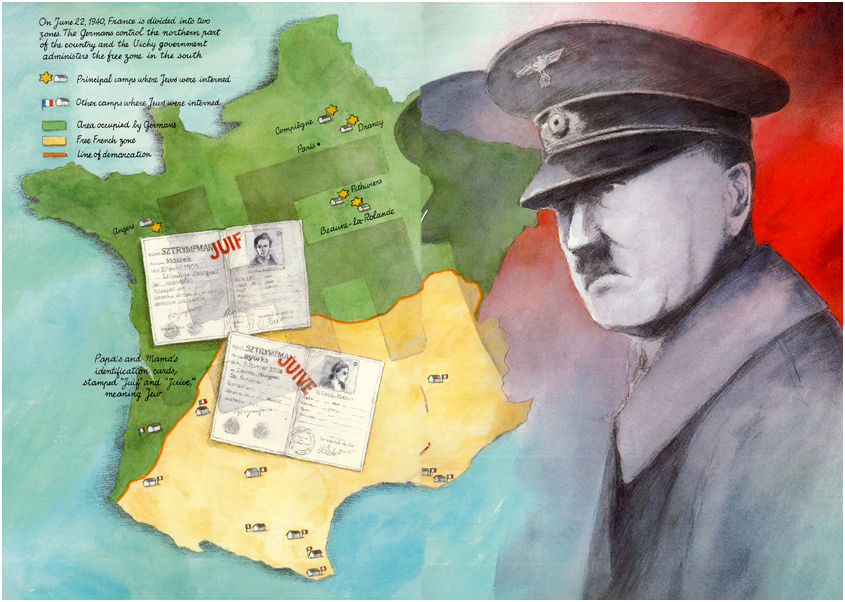
Mama and I left our apartment before sunrise Sunday morning. The streets were deserted as we walked to the Mtro at La Place de la Rpublique for the short subway ride to the bus station.
We boarded the crowded bus for the three-hour ride to Pithiviers and found seats together. It soon became obvious that most of the passengers on the bus were Jewish families, all going to the same place. I huddled against Mama, shut my eyes, and awoke as the bus pulled into Pithiviers. We walked the short distance to the camp. Mama showed our identification papers to the French gendarmes at the gate. They directed us to the visitors center, where Papa was waiting. He swept me up in a big hug and then embraced Mama. We were so glad to be together again.
Papa showed us his living quarters in barrack number 4. Then we sat with Cousin Joseph and Papas friends and their families in the visitors center. Mama had made a sponge cake and brought a basket filled with some of Papas favorite foods. While the grownups ate and talked, the children played. It seemed like a party to me, but when I looked at Mamas face, I saw that it wasnt. She remarked on how thin Papa was. Rivel, you worry too much, he said.




